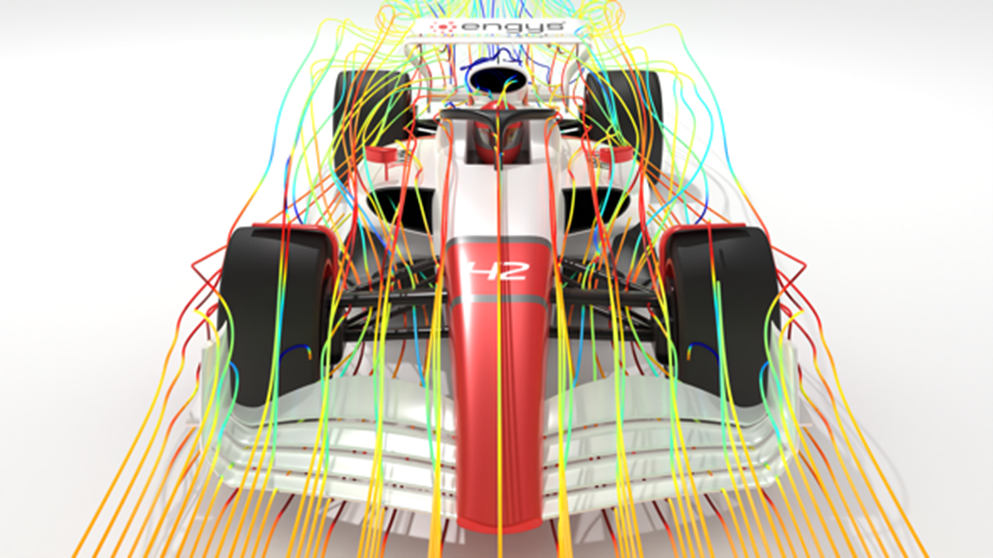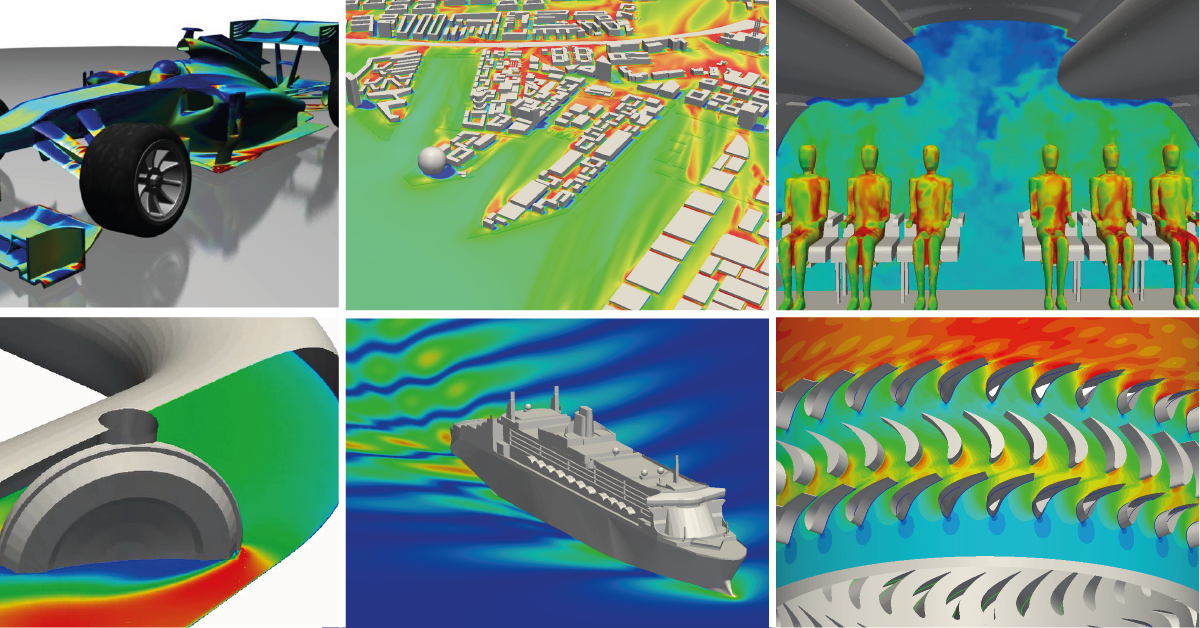Over the last decade, ‘open-source’ has become a bit of a buzzword that is often used in the marketing of software solutions. Yet, open-source is much more than just a benefit to add to a list of why users should buy a simulation package. Instead, open source represents a significant shift in the philosophy behind computer programming. It has become a way of working where developers are allowed the freedom to utilise software to solve some of the world’s most challenging problems.
What Is Open-Source Software?
Open-source software is any software released under an open-source license which grants users the right to access, modify and redistribute the software and its source code. The conditions under which the code can be used and manipulated are defined by a software license. In this way, software can be developed collaboratively with communities of programmers who continuously enhance, critique and review the code; improving the performance of the software for everyone.
There are a variety of open source software licenses, the most common of which is the GNU General Public License (GPL). This is a copyleft license where any derivative work must be distributed under equivalent license terms.
The Advantages Of Open-Source In CFD
In the context of Computational Fluid Dynamics (CFD), giving the freedom to access the source code allows developers to tailor the software to their needs and scale their simulations. This has become particularly important as every industry now wants to simulate more complex scenarios and optimise performance without having to pay additional licensing fees.

‘The nature of CFD means that users have to rely on high performance computing. This requires a high number of cores to perform faster and more accurate simulations in parallel,’ explains Francisco Campos, Co-Founder at ENGYS.
‘With closed-source CFD software, if you want to scale your simulations and solve 100 cases simultaneously or run a full LES transient simulation, you will need thousands of cores and there is a price tag associated with that in terms of licenses. You will also be limited to only running one case at a time with a limited number of cores unless you purchase multiple seats of the software.’
However, with open-source software tools such as HELYX or ELEMENTS, this is not an issue because the CFD solver and applications are released under GPL. This gives users the flexibility to run as many cases as they want, at whatever complexity they require. ‘You can run hundreds of cases at the same time on an unlimited number of cores, for a much lower investment,’ highlights Campos.
“With open-source software tools you can run hundreds of cases at the same time on an unlimited number of cores, for a much lower investment”
Francisco Campos, Co-Founder at ENGYS
What Can ENGYS Offer You?
It is not just being open-source that makes ENGYS’ CFD tools so unique. After all, it doesn’t matter how many open-source simulations you run if the solvers or meshing tools are unreliable. However, ENGYS have combined the advantages of open-source with the enterprise quality of proprietary software.
‘There is a spectrum, with freely available open-source CFD tools such as OpenFOAM at one end, and closed source commercial CFD products at the other,’ says Campos. ‘We aim to be between those two worlds and deliver the best of both approaches. This means that our software is open-source, but users also get the accuracy, high quality GUI and technical support they expect from proprietary tools.’
Download Our Open-Source CFD Software Ebook
To find out more about open source software, download our Ebook “The Benefits of Open-Source CFD Software”. You will discover:
- What open-source software means for developers
- The history of the GNU General Public License (GPL)
- Why ENGYS believe that open-source is the best strategy to advance CFD simulation
- The future of open-source software in CFD


